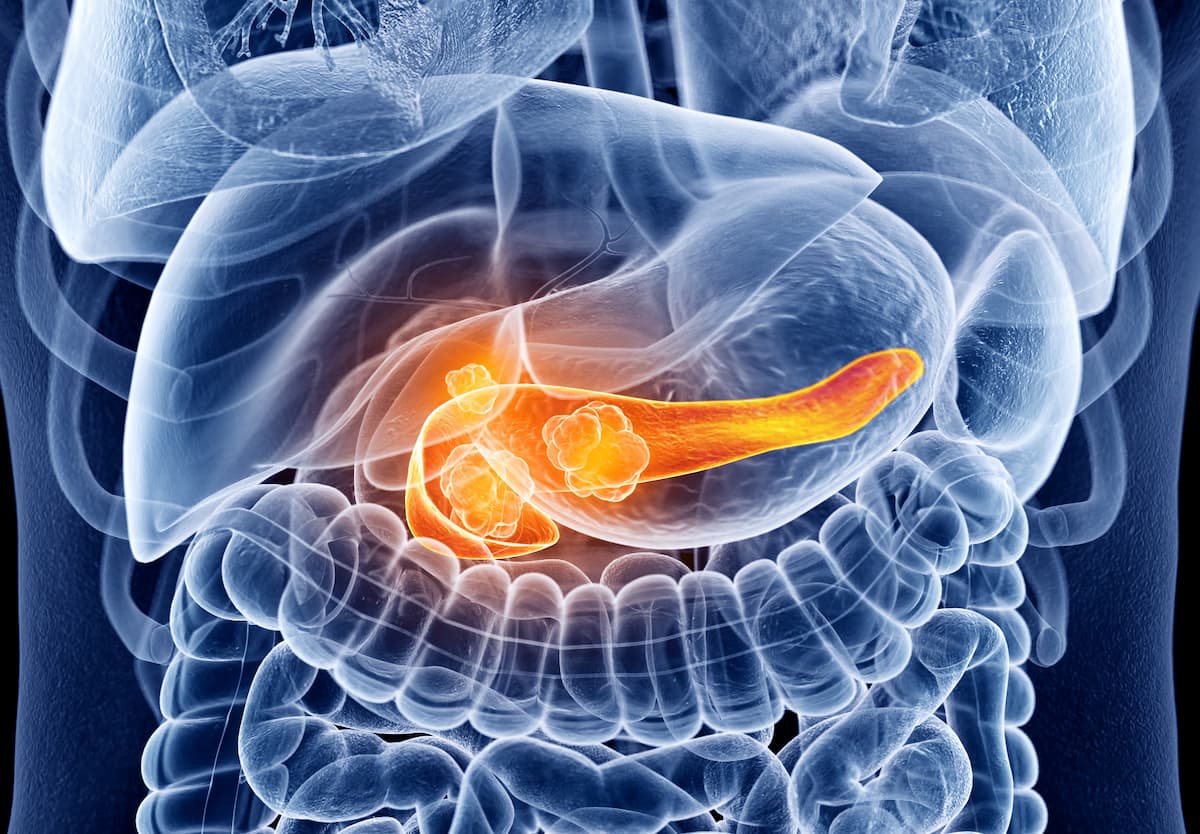Cancer and neoplasms
MAb-AR20.5 Earns FDA Orphan Drug Designation in Pancreatic Cancer
Developers plan to initiate clinical trials evaluating the efficacy and safety of MAb-AR20.5 in those with pancreatic cancer in the future.
The FDA has granted orphan drug designation to IgG1k type murine monoclonal antibody MAb-AR20.5 for patients diagnosed with pancreatic cancer,1 according to a press release from CanariaBio Inc.1
The investigational monoclonal antibody is designed to bind to MUC1 expressed in pancreatic cancer cells. Additionally, it is the first MUC1-targetting monoclonal antibody to receive orphan drug designation in this patient population. Developers plan to initiate clinical trials evaluating the agent’s efficacy and safety in those with pancreatic cancer in the future.
“Receiving orphan drug designation for MAb-AR20.5 is a significant milestone…and speaks to the potential promise of this novel therapeutic approach,” Mike Na, chief executive officer at CanariaBio Inc., said in the press release. “We are deeply committed to advancing innovative treatments for patients with pancreatic cancer and remain hopeful that MAb-AR20.5 will offer a new lifeline for those affected.”
Findings from a phase 1 trial that was conducted in 2004 highlighted MAb-AR20.5’s potential to elicit MUC1-specific immune responses in patients with advanced cancer.2 Among 15 evaluable patients, a total of 5 were reported to have human anti-mouse antibodies. Additionally, 5 had anti-idiotypic antibodies and 7 developed anti-MUC1 antibodies. Additionally, 4 patients receiving MAb-AR20.5 at 2 mg and 3 who were receiving the agent at 4 mg achieved stable or decreased CA15.3 values. Investigators identified an inverse relationship between anti-MUC1 antibody increase and CA15.3 levels(P = .03).
“The immunological data presented herein give strong preliminary evidence that injection with MAb-AR20.5 can induce MUC1-specific immune responses in patients with advanced disease, and indicate that this agent merits future evaluation in clinical trials at the 2 or 4 mg dose level,” the study authors wrote.
Advertisement
Investigators of this phase 1 study assessed the immunology and safety of MAb-AR20.5 as a treatment for patients with advanced cancer. Patients received the agent at a starting dose of 1 mg at weeks 1, 3, 5, 9, 13, and 17. Investigators also planned dose escalation to increments of 2 mg and 4 mg.
Patients 18 years and older with pathologically documented advanced solid tumors with detectable secreted MUC1 antigen refractory to prior therapy were eligible to enroll on the study. Additional eligibility criteria included having an ECOG performance status of 0 to 2, a life expectancy of at least 12 weeks, receipt of up to 4 prior lines of chemotherapy, no biological response modifiers within 6 weeks of entry, and no prior treatment with murine monoclonal antibodies. Patients also needed to have adequate hematologic and renal function to enroll on the study.
Of 17 patients included in the study, most were female (n = 14) and Caucasian (n = 15). Additionally, the most common primary cancer diagnosis was breast cancer (n = 11) followed by colon cancer (n = 2).
Investigators reported that MAb-AR20.5 was tolerable at all dose levels and that there was minimal toxicity observed during treatment. No patients discontinued treatment due to adverse effects (AEs), and there were no dose-limiting toxicities.
The most common treatment-related AEs included nausea (23.5%) and fatigue (23.5%). One patient experienced grade 3 nausea that investigators determined to be potentially related to study treatment. Additionally, investigators observed no clinically significant changes in laboratory parameters associated with MAb-AR20.5.
References
- CanariaBio achieves significant milestone with FDA’s orphan drug designation for MAb-AR20.5 targeting pancreatic cancer. News release. CanariaBio Inc. August 21, 2023. Accessed August 22, 2023. https://shorturl.at/jswy3
- de Bono JS, Rha SY, Stephenson J, et al. Phase I trial of a murine antibody to MUC1 in patients with metastatic cancer: evidence for the activation of humoral and cellular antitumor immunity. Ann Oncol. 2004;15(12):1825-1833. doi:10.1093/annonc/mdh472

